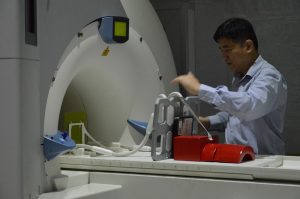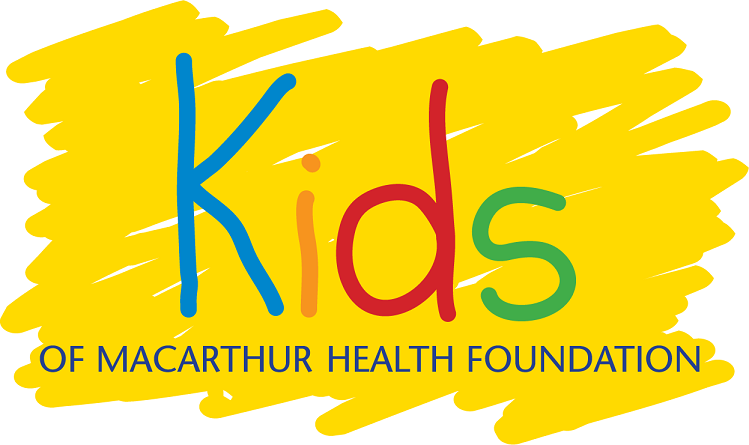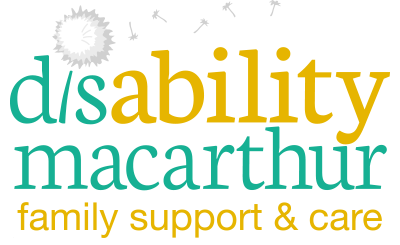
The Ingham Institute’s clinical trials team are focusing their efforts on creating better strategies to communicate with Culturally and Linguistically Diverse (CALD) communities.
This will be the theme of the Third Annual Clinical Trials Forum this Friday, August 12.
Clinical trials are vital to confirm whether medicines are effective as new treatments for a particular disease or condition.
The forum will bring together doctors, nurses and pharmaceutical companies to fast-track the development of new medicines and clinical procedures for a range of critical diseases impacting South West Sydney and other parts of the country.
“Over 60 per cent of the population in South West Sydney speak another language other than English at home,” says Ingham Institute clinical trials director, associate professor Meera Agar.
“This creates a host of challenges for the co-ordinators of clinical trials in terms of communicating with these communities to get the message out about potential trials they could be involved with that could be beneficial for themselves or their family members,” Prof Agar said.
“Also language barriers create a lot of confusion and misinformation amongst these communities about what a clinical trial is, what it involves and the benefits of participating – making education paramount.”
To help address this problem, Dr Ben Smith from the Centre for Oncology Education and Research Translation (CONCERT) at the Ingham Institute is leading research to determine the most effective strategies to encourage multicultural communities to participate in cancer clinical trials.
“Clinical trials play a critical role in the development of new treatments for cancer patients, yet only about 7 per cent of patients in South West Sydney participate,” Dr Smith said.
“When you look at CALD or multicultural communities specifically, trial participation rates are even lower. Under-representation of these communities in trials contributes to health disparities, as these patients miss out on state of the art care associated with clinical trials and the results of trials may not apply to them – making it an important area to investigate,” he said.
A series of workshops have been conducted with key representatives working in clinical trials in the South West Sydney and Illawarra regions in an effort to find out what hindered CALD community participation in trials.
The results showed that the initial screening and recruitment phase was the most problematic in engaging these communities, with clinical trials professionals requiring extra time to assess patient eligibility and explain trials due to language and cultural differences.
“We have come up with a range of strategies that clinical trials professionals could use to better engage with these communities, such as providing patients with multimedia trial information in their chosen language, to help them better understand trials and what is involved,” said Dr Smith.
“Another approach to improve participation is to, where possible; connect patients with healthcare professionals or other trial participants from the same cultural backgrounds.”
Dr Smith said that the next stage of the study would involve pilot testing the proposed strategies to evaluate their feasibility to improve trial participation levels among CALD patients.
The Ingham Institute’s Clinical Trials research team comprises 22 groups specialising in the following clinical areas and is expanding rapidly: cardiology, diabetes, gastroenterology, haemotology, injury and rehabilitation, intensive care, oncology and respiratory and sleep medicine.
SNAPSHOT:
WHAT: Ingham Institute 3rd annual clinical trials forum
WHEN: Friday,12 August from 8:30am – 1pm;
WHERE: Ingham Institute: 1 Campbell St, Liverpool



